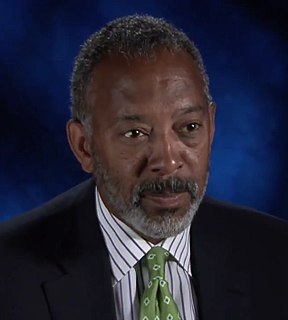A Quote by George Polya
Success in solving the problem depends on choosing the right aspect, on attacking the fortress from its accessible side.
Related Quotes
When you're going to school primarily for career purposes, it's more important to focus on which program is best for you. In addition, your success at college depends far more on what you do at the college than at which college you do it: Choosing the right program, then the right advisor, the right courses, the right term papers, the right co-curricular activities, the right fieldwork, the right internships. You can make those choices at any college.
Isn't that how it is when you must decide with your heart? You are not just choosing one thing over another. You are choosing what you want. And you are also choosing what somebody else does not want, and all the consequences that follow. You can tell yourself, That's not my problem, but those words do not wash the trouble away. Maybe it is no longer a problem in your life. But it is always a problem in your heart.







































